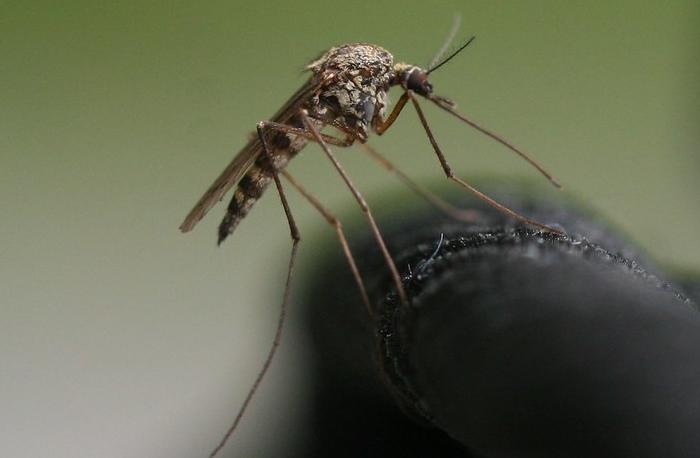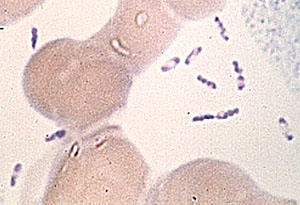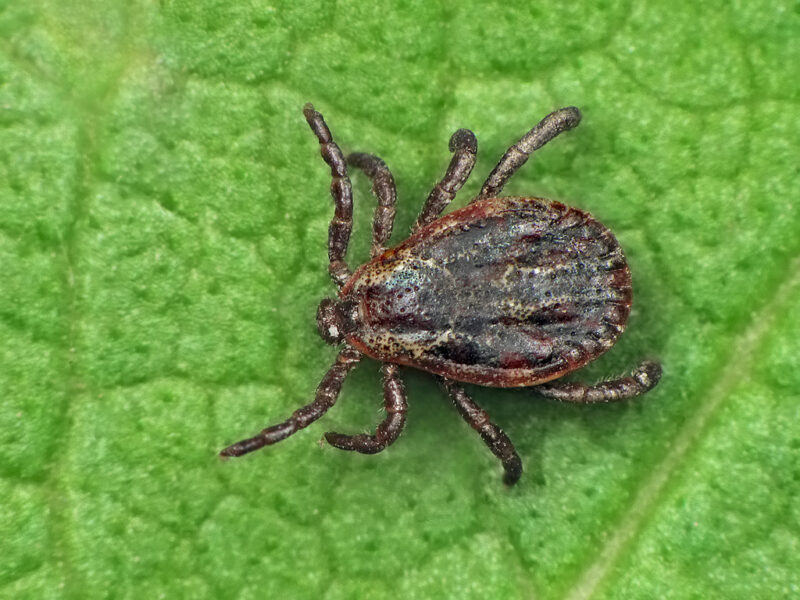Image courtesy of Arthur Chapman via Flickr
Current Situation:
A municipal report of New Delhi reported that 833 cases of dengue had been recorded in the city as of October 19th this year [1]. Of the total dengue cases, 551 were identified in October, 190 in September, 52 in August, 18 in July, 11 in June and the rest were registered between January and May. More than 230 new cases have been reported in the past two weeks, giving 1,069 cases in total through November 4th [2]. There was no dengue death in Delhi this year so far. Dengue outbreaks usually start in June every year and reach the peak in October. The number of cases typically decreases in November.
About Dengue Disease:
Dengue is a mosquito-borne viral infectious disease that has rapidly spread worldwide in recent years [3]. Dengue virus belongs to the Flaviviridae family and has four serotypes leading to disease (DEN-1, DEN-2, DEN-3 and DEN-4). It is transmitted by Aedes aegypti and Aedes albopictus female mosquitos, which also transmit chikungunya, yellow fever and Zika infection [3]. Dengue is usually found in the tropical and sub-tropical climates, mostly in urban and semi-urban areas. The mosquito larvae normally breed in clear and standing water. Initial symptoms of dengue include high-grade fever and severe headache accompanied with nausea, vomiting, rash, aches and pain in eyes, muscle or bone [3]. About 1 in 20 people who get sick with dengue will develop severe dengue, which is a more serious form of the disease and can result in shock, internal bleeding, and even death. Infants, pregnant women and people who had a previous dengue infection are at high risk for developing severe dengue. There is no specific vaccine and medication to prevent and treat dengue [3]. The most effective preventive measure is to prevent mosquito breeding and bite. The recommended treatments for mild symptoms are taking rest, having acetaminophen to control fever and drinking more water. People showing any warning signs of severe dengue should go for medical attention or hospitalization immediately [3].
Government Attitude:
Delhi health minister stated that the number of confirmed dengue cases and death is the lowest for Delhi in the past five years [1]. The government launched a special anti-dengue campaign “10Hafte, 10Baje, 10Minute” which plays an important role in decrease disease cases. As disease-spreading mosquitoes usually breed in stagnant water, the campaign appealed to Delhi residents to give 10 minutes every Sunday from September 1st till November 15th to inspect their house and surroundings for any standing water. The government is also ensured participation of school children, resident welfare association and other stakeholder in the campaign. Moreover, authorities conducted regular inspections to check the breeding of mosquitoes in households as well. Additionally, National Dengue Day is held in India on May 16th each year in an effort to raise awareness, intensify preventive measures and preparedness for the control of disease before transmission season starts [4]. Both the Delhi government and citizens have been making collective efforts to prevention and building awareness.
Reference:
[1] https://medicaldialogues.in/delhi-dengue-cases-rise-to-830-cases-so-far-189-alone-last-week/
[2] https://www.thehansindia.com/news/national/delhi-sees-an-increase-in-dengue-cases–578281
[3] https://www.who.int/news-room/fact-sheets/detail/dengue-and-severe-dengue


